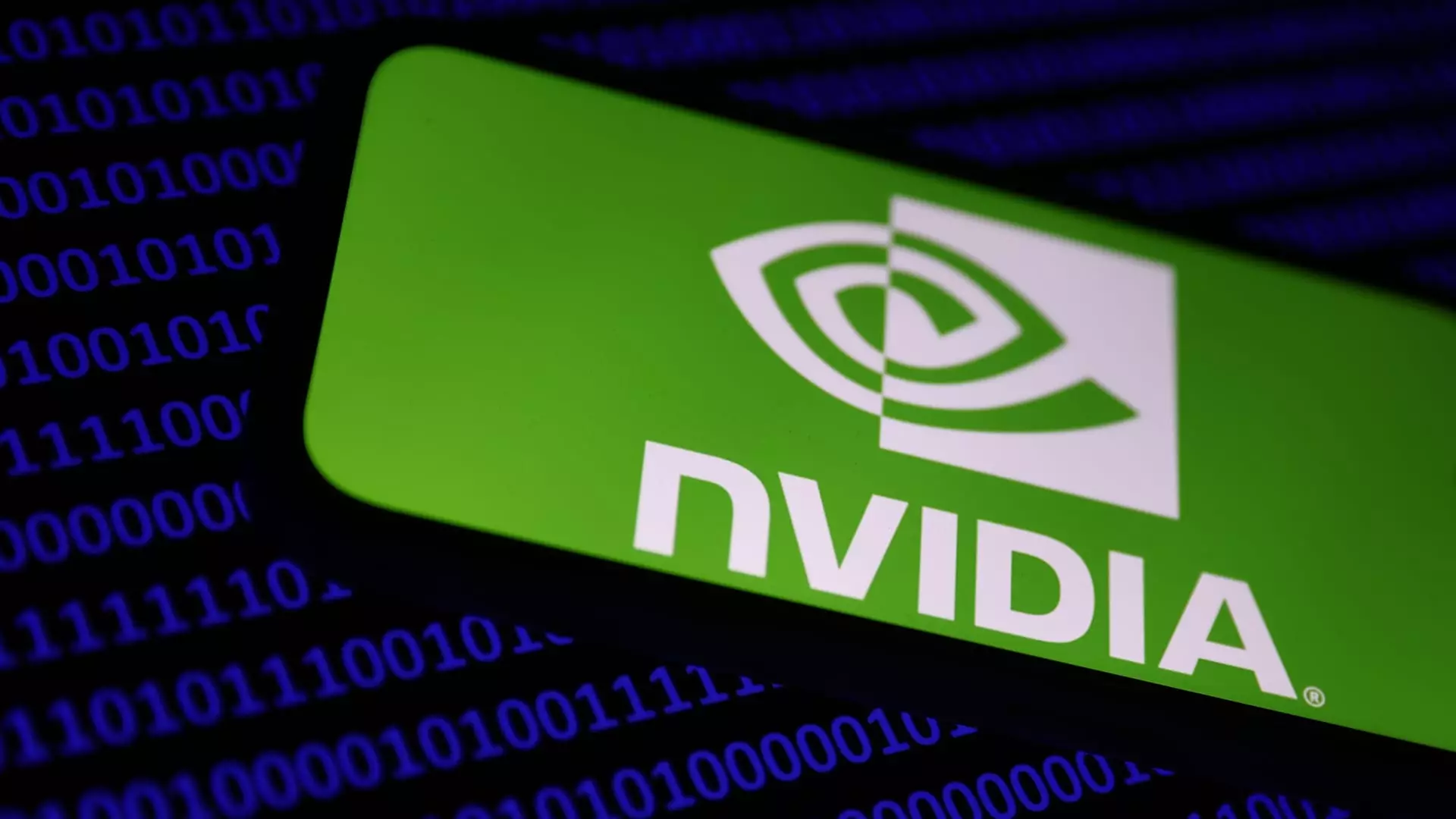Saudi Arabia is steadily charting its course towards becoming a major hub for artificial intelligence (AI), bolstered by a critical dependence on advanced technology from leading global manufacturers like Nvidia. Abdulrahman Tariq Habib, Deputy CEO of the Saudi Data and AI Authority (SDAIA), expressed optimism about securing access to Nvidia’s high-performance chips, which are instrumental for advanced AI capabilities. This ambition, however, sits at the intersection of burgeoning technological aspirations and complex international relations, particularly with the United States.
The expectation of acquiring these chips within the coming year showcases a forward-looking vision. As Habib articulated during the GAIN 2023 AI summit in Riyadh, access to powerful chips, such as the Nvidia H200s used in OpenAI’s advanced models, would mark a pivotal advancement for Saudi data and AI initiatives. This access symbolizes not merely a technological boon, but rather a transformative step towards realizing the kingdom’s Vision 2030, aimed at diversifying the economy beyond its historical reliance on oil.
Saudi Arabia’s intentions to embed AI deeper into its economic framework are clear. The SDAIA has laid out a strategy projecting that AI could constitute 12% of the nation’s Gross Domestic Product (GDP) by 2030. Supported by a staggering $925 billion investment from the Public Investment Fund (PIF), the initiative reflects an aggressive push towards modernizing the economy. This transformation is emblematic of Crown Prince Mohammed bin Salman’s broader agenda of reshaping Saudi Arabia’s global economic standing.
Notably, recent discussions about establishing a $40 billion fund between the PIF and the American venture capital firm Andreessen Horowitz highlight a growing collaboration in the AI sector. Such alliances illustrate how Saudi Arabia is positioning itself as a serious player in global AI investments and product development.
However, the journey towards acquiring Nvidia’s chips is not without obstacles. U.S. export controls, instituted primarily to limit China’s access to advanced technology, have created a challenging landscape for potential Saudi imports. The Biden administration’s decision to impose stringent requirements on semiconductor exports to nations including Saudi Arabia and the United Arab Emirates underscores the complexities involved in this transition. These restrictions stem from broader national security concerns and the geopolitical dynamics surrounding Saudi Arabia’s interaction with global players.
Furthermore, the U.S.’s hesitation is influenced by Riyadh’s growing rapport with Beijing, its largest trading partner. Between 2016 and 2020, there was a remarkable 400% increase in Chinese arms exports to Saudi Arabia, revealing the kingdom’s strategy of diversifying its strategic alliances while simultaneously courting U.S. investment.
Saudi Arabia’s commitment to enhancing its AI capabilities transcends the procurement of hardware. Habib emphasized that the country is not only focused on computational power but also on building human and data capacities. This holistic development approach is pivotal in ensuring that the kingdom does not merely become a consumer of technology but also a producer of innovative AI solutions. The concerted efforts over the past three years to foster a skilled workforce and robust data infrastructure will be crucial in achieving a competitive advantage in global AI landscapes.
This multi-faceted strategy is indicative of Saudi Arabia’s aspiration to emerge as a pioneering nation in data analysis and AI. The kingdom is actively engaging in global collaborations to bolster its standing in the international tech arena, seeking to contribute meaningfully to advancements in AI research and applications.
Saudi Arabia’s pursuit of cutting-edge AI technology encapsulates a broader narrative of a nation in transition. The anticipated access to Nvidia’s chips may smooth the path for unprecedented AI advancements within the kingdom. Yet, the complexities of U.S.-Saudi relations, coupled with the geopolitical chess game involving China, present challenges that cannot be overlooked.
As Saudi Arabia navigates this intricate landscape, its ambitions hinge not only on technology acquisitions but also on a commitment to fostering local expertise and contributing to the global AI discourse. If successful, the kingdom could find itself at the helm of a new technological era, increasingly redefining its role on the global stage and showcasing its potential as an emerging powerhouse in artificial intelligence.


Leave a Reply